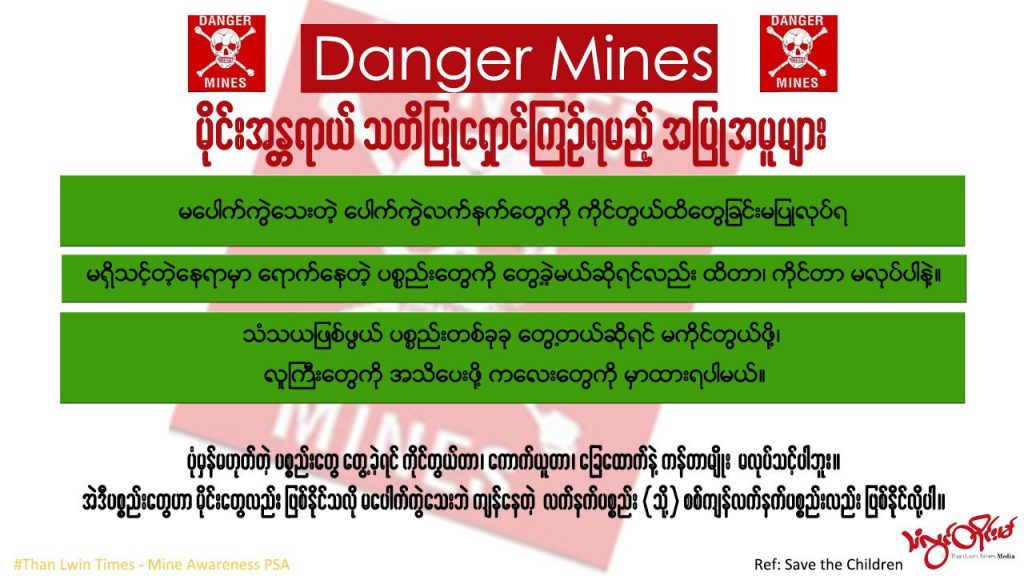Yangon, March (3)
The military council has unilaterally claimed that ethnic armed organizations (EAOs), and the NUG/PDF are responsible for nearly all drug distribution and sales in Myanmar.
The military council announced on February 27 that drugs and other related materials worth nearly US$ 966 million were seized in the two years from February 1, 2021, to the end of January 2023.
In that release, it is alleged that drug distribution and sales were mainly carried out by ethnic armed organizations before, and that they are now linked to NUG/PDF after the coup.
U Aung San Myint, secretary of an ethnic armed organization, the Karenni National Progressive Party (KNPP), told Than Lwin Time, “only military leaders were involved in drug-related businesses and that drugs were also found from dead soldiers and prisoners of war. In our state, we see military leaders working with drug-related businesses by connecting with groups like the militia”.

He added that, regarding drugs, the KNPP has formed an anti-narcotics committee in Kayah state and is cracking down on the drug trade and punishing those who are guilty, he said.
According to the research group, ISP-Myanmar, criminal gangs, gambling, and new areas of crime are emerging in areas bordering China and Thailand, and the opium and drug trade is on the rise.
U Kyaw Zaw, spokesman for the National Unity Government’s (NUG)’s presidential office, said that the main culprit behind the increase in opium cultivation, production, and use of drug in Myanmar is the military council. During these two years, the increase in drug production in Myanmar has been reported by the United Nations itself.
According to one report, the value of the region’s opium trade could reach ten billion US dollars in the coming year, and Myanmar’s opium-based economy could be worth 600 million to two billion dollars.
In January 2023, the United Nations Office on Drugs and Crime (UNODC) released a report titled “Myanmar Opium Survey: Cultivation, Production and Implications”, indicating that opium cultivation, which had previously been declining, had rebounded to 33 percent since the military coup.
Nes-Than Lwin Times

